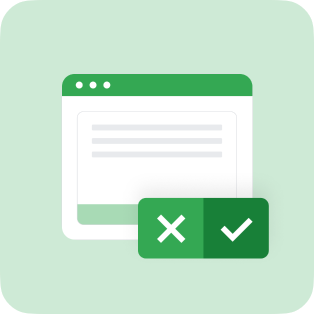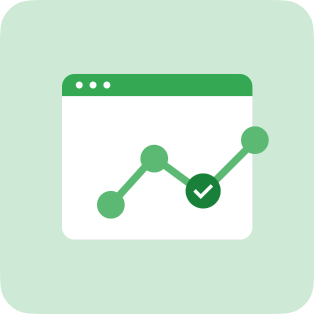Recover conversions lost due to consent choices

Benefits of using Consent Mode
-
 Respect consent choicesEffectively measure conversions while respecting people’s consent choices for ads and analytics cookies.
Respect consent choicesEffectively measure conversions while respecting people’s consent choices for ads and analytics cookies. -
 Solve for unknownsConversion modelling fills measurement gaps when conversions can’t be linked to ad interactions due to consent choices.
Solve for unknownsConversion modelling fills measurement gaps when conversions can’t be linked to ad interactions due to consent choices. -
 Measure performance accuratelyEnhanced conversions for web and Consent Mode go hand in hand, using machine learning to provide a complete picture of performance.
Measure performance accuratelyEnhanced conversions for web and Consent Mode go hand in hand, using machine learning to provide a complete picture of performance.

How TUI measured 7% more conversions with Consent Mode
How Consent Mode works
-
 A customer visits your website and makes their consent selection for the use of cookies on your consent banner.
A customer visits your website and makes their consent selection for the use of cookies on your consent banner. -
 Consent Mode adjusts how your Google tag behaves, based on the customer’s consent choices.
Consent Mode adjusts how your Google tag behaves, based on the customer’s consent choices. -
 If consent is granted, the conversion is reported normally. If not, Consent Mode recovers the conversion using modelling.
If consent is granted, the conversion is reported normally. If not, Consent Mode recovers the conversion using modelling.


